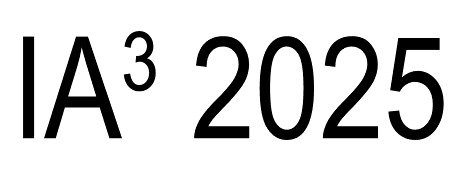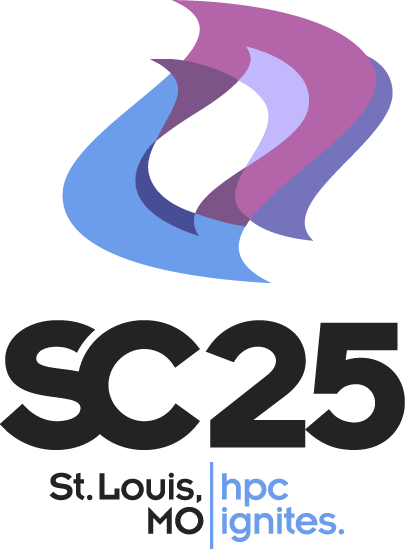Emerging data-intensive, supercomputing applications are evolving towards a convergence of scientific simulations, data analytics, and learning algorithms. Components of these applications belong to both established and emerging fields, such as machine learning, social network analysis, bioinformatics, semantic graph databases, Computer Aided Design (CAD), and computer security. In processing massive volumes of unstructured data, components often perform many irregular, fine-grained accesses and synchronization events. Because current high-performance programming models, runtimes, and architectures rely on regular task graphs, bulk synchronous communications, and high temporal and spatial data locality to reduce latency, it is difficult to express irregular applications in current HPC programming models and scale performance on current supercomputing machines. Developing improved programming and execution models that address the problems of irregular applications is critical to solving the data challenges in large-scale science and data analytics.
This workshop explores solutions to support the efficient execution of irregular applications in the form of new features at the micro and system architecture, network, language and library, runtime, compiler, algorithm, and performance study levels.
Special Topic on Dynamic Networks: Similar to last year, the workshop will offer a special subtopic on dynamic network analysis. We invite papers on:
- Application of dynamic networks in different domains
- Algorithms and data structures for analyzing large dynamic networks
- Use of machine learning in dynamic graph analysis
- Position papers on advances and challenges in dynamic graph analysis
Topics of interest for the workshop (not including the special topic), of both theoretical and practical significance, include but are not limited to those listed below. For the sake of simplicity, we have categorized them, but the submission track will be one.
Architectures and Systems for Irregular Workloads
- Computer micro- and system architectures: multi- and many-core design, heterogeneous processors, GPUs, vector processors, automata processors, AI and ML accelerators, reconfigurable architectures (CGRA, FPGAs), and custom processors.
- Interconnects and network architectures: high-radix networks, optical interconnects.
- Emerging memory architectures: including processor-in-memory designs.
- The impact of emerging computing paradigms: neuromorphic processors, quantum computing.
- Modeling, simulation, and evaluation of novel architectures for irregular workloads.
Programming Models, Languages, and Tools
- Programming models and languages designed for irregular computation.
- Libraries and runtime support for dynamic and irregular workloads.
- Compiler techniques and static/dynamic analysis for optimizing irregular applications.
- Parallelization techniques and data structures for irregular workloads.
- Data structures that combine regular and irregular computations (e.g., attributed graphs).
Algorithms and Computational Techniques
- Innovative algorithmic techniques for irregular workloads.
- Combinatorial algorithms: graph algorithms, sparse linear algebra, etc.
- Techniques for managing massive unstructured datasets, including streaming data.
- Integration of graph algorithms with machine learning techniques.
Applications and Use Cases
- Emerging applications that integrate scientific simulations, data analysis, and learning, and require efficient execution of irregular workloads.
- High-performance data analytics applications, including:
- Graph databases and semantic web technologies, etc.
- Bioinformatics: genome sequencing, protein interaction networks, etc.
- CAD for microelectronics: irregular mesh processing, layout optimization, etc.
- Cybersecurity: anomaly detection in dynamic networks, etc.
- Social network analysis: community detection, influence propagation.
- AI and machine learning applications are impacted by irregularity:
- Graph neural networks (GNNs).
- Large language models (LLMs) with sparse attention or irregular data access.
The workshop welcomes regular paper submissions, papers describing work-in-progress or incomplete but solid work, and innovative ideas related to the workshop theme. The workshop solicits both 8-page regular papers and 4-page position papers. The authors of exciting but not mature enough regular papers may be offered the option of a short 4-page paper and an associated short presentation.


